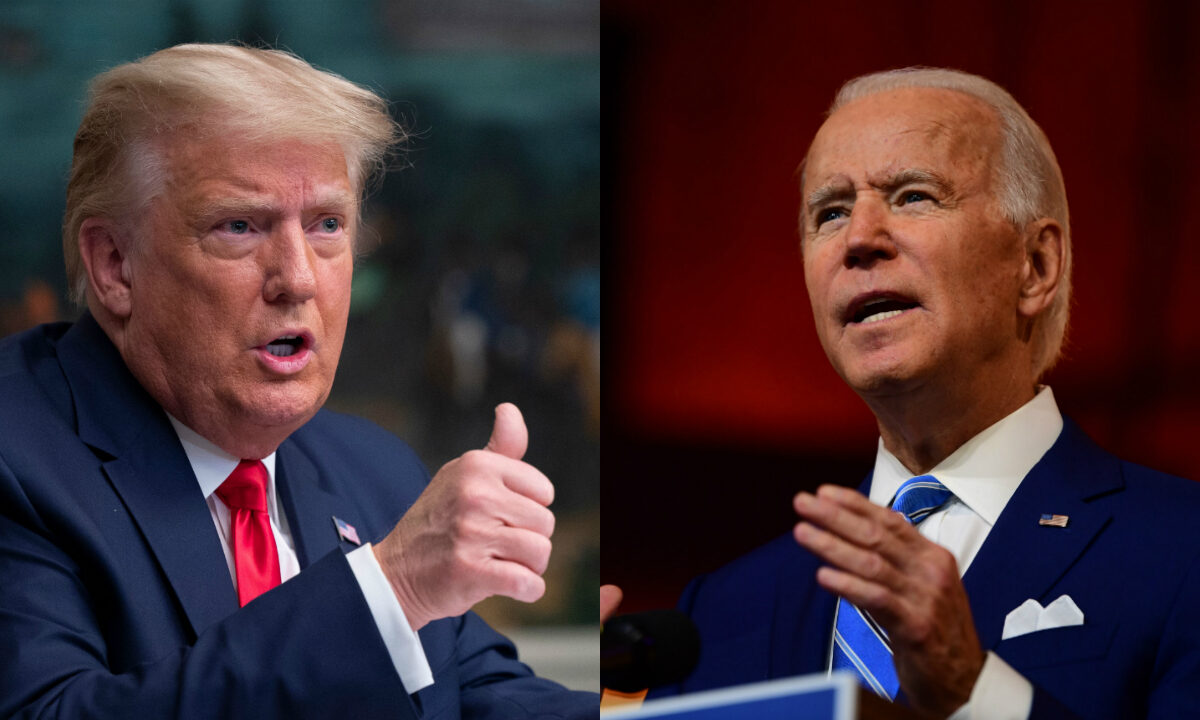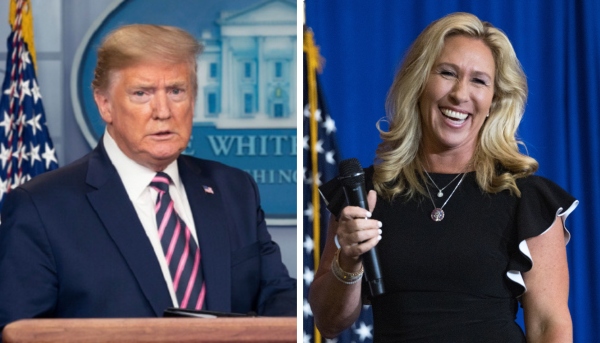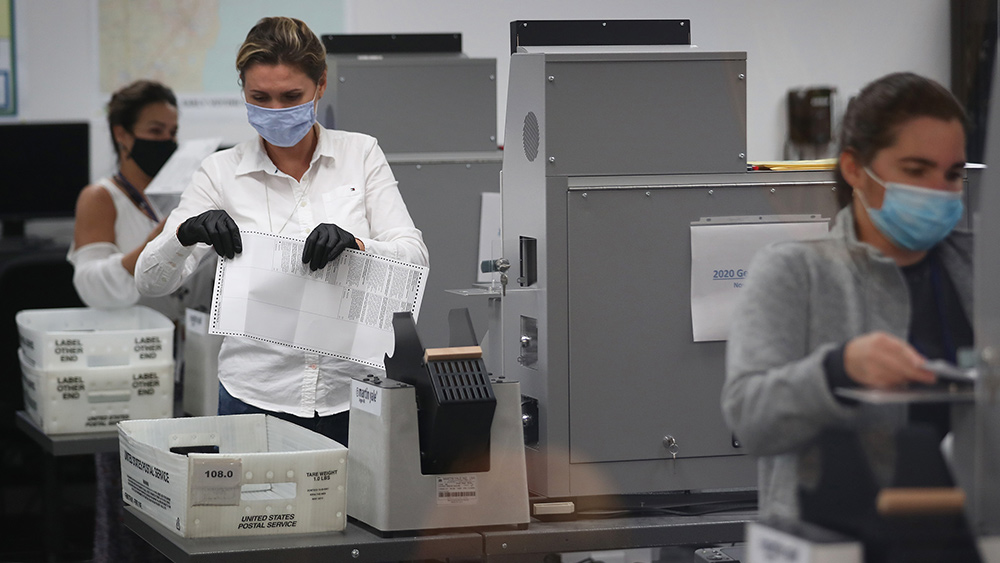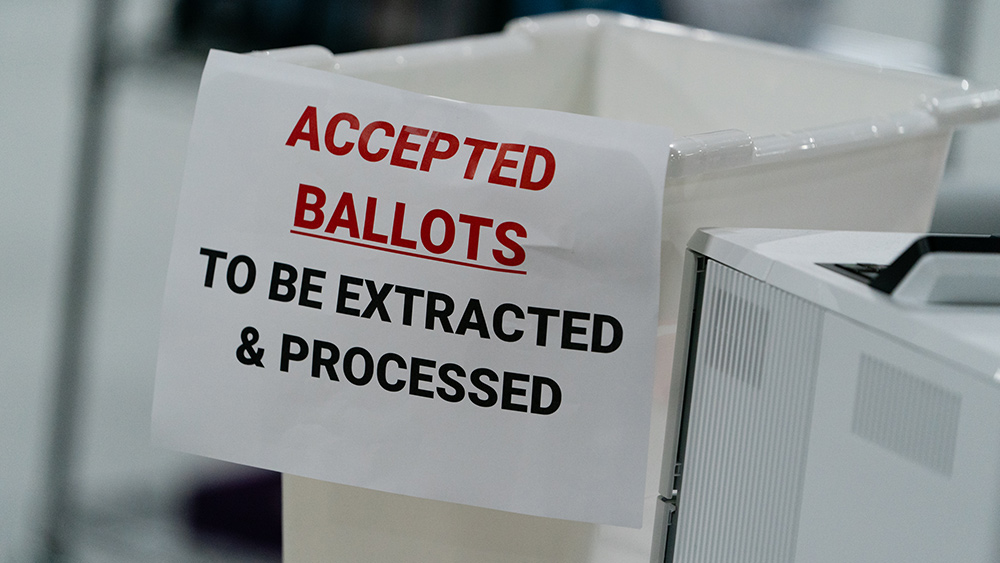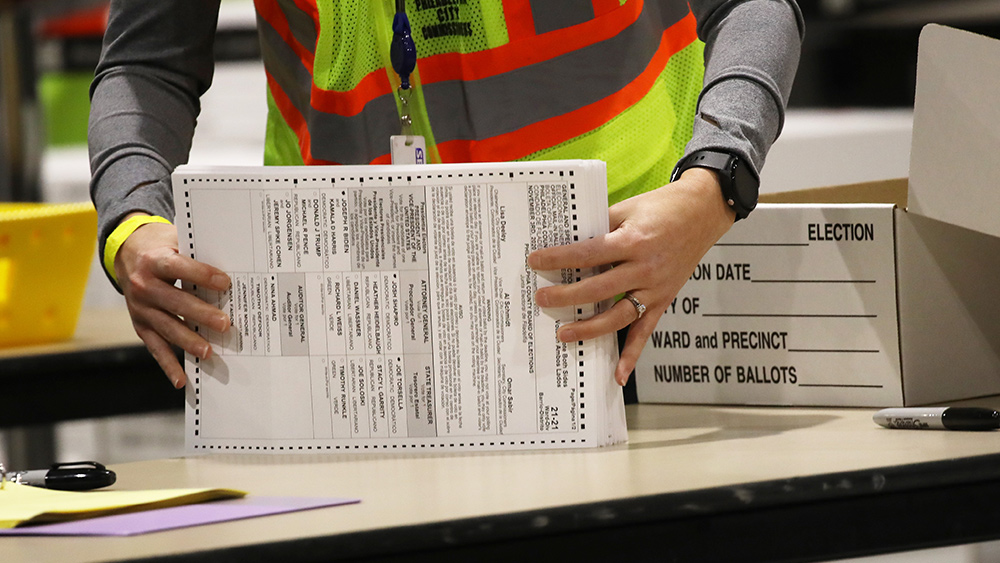Academic hypocrisy: Stanford, liberal universities accepted funds from commie Beijing
07/07/2020 / By Michael Alexander

Despite its strong stance against human rights abuses, Stanford University accepted funds amounting to millions of dollars from Beijing within the past decade, a new report has revealed.
Stanford received a total of $58 million USD in the form of gifts and contracts from the Chinese government starting in 2013.
For National Association of Scholars (NAS) Policy Director Rachelle Peterson, however, this runs counter to the esteemed university’s “progressive” slant on issues such as human rights, racial equality and freedom of expression.
“Colleges and universities declare themselves protectors of human rights and a safe place for the vulnerable. Yet they embrace the Chinese Communist Party and are complicit in the stifling of free speech,” Peterson said in an email interview with The College Fix, referring to the Chinese government’s long list of alleged oppressive human rights abuses, which include discrimination against ethnic minorities, forced labor, censorship, increased surveillance and forced indoctrination.
Stanford isn’t alone, however.
According to the Bloomberg analysis, about 115 colleges got monetary gifts, contracts or both from sources in mainland China, based on their analysis of U.S. government data. Harvard University had the lion’s share, pulling in $93.7 million USD over the course of around seven or so years, the majority of which was in the form of gifts. The University of Southern California and University of Pennsylvania came in second and third, respectively.
The tally of gifts and contracts from China to U.S. universities since the start of 2013 is now approaching $1 billion.
“Hypocrisy is the price of funding from China,” she added, noting the ever-increasing authoritarianism exhibited by Communist Party General Secretary and People’s Republic of China president Xi Jinping.
As per official records, while Stanford began accepting Chinese graduate students back in the 1970s, it was in 2009 that the university signed a contract facilitating the opening of a branch of the Chinese government-funded Confucius Institute within its campus, followed by the opening of a “Stanford Center” at Peking University, which was billed as a “hub” for Stanford students who are currently in China. (Related: A Communist takeover? Chinese military researcher admits stealing data, layouts from US university.)
According to NAS, Confucius Institute was first started in 2004 by the Chinese government, with their goal of promoting of Chinese culture and language within college and university campuses around the world. An agency of the Chinese Ministry of Education, called the Chinese Language Council International, or the Hanban, provides teachers, textbooks and operating funds for the said academic and cultural outpost.
These institutes — which have ties to the External Propaganda Leading Group of the Chinese Communist Party Central Committee — are, according to official mandates, devoted to satisfying the demands of people from different countries and regions in the world who learn the Chinese language, as well as enhance their understanding of Chinese culture.
In addition, these institutes are officially dedicated to strengthening the educational and cultural exchange and cooperation between China and other countries, in a bid to “deepen” their “friendly relationships” and promote the development of multiculturalism.
A 2018 report by the FBI says otherwise, however, noting that while most foreign scholars on American campuses are undertaking legitimate studies, others are operating with far more suspicious motives — including espionage and sabotage.
In their report, the FBI, in particular, aired concern about Confucius Institute, which gives Chinese nationals access to both American students and intellectual property, including U.S. academic research and information.
According to the FBI, this puts the mentioned academic research and other forms of American intellectual property at great risk, noting that due to the arrangements most academic institutions have with the institutes, they could be taken illicitly with relatively great ease by foreign agents operating as students, and then possibly used to advance their own scientific, economic, and military development goals.
In addition, the FBI, according to a report by NPR, also urged colleges and universities to be more stringent with monitoring their Chinese scholars.
“A Confucius Institute on campus is pretty much a billboard declaring the university places a low value on intellectual freedom,” Peterson said, echoing a report by the Human Rights Watch which described Confucius Institutes as “an affront to academic freedom on campus.”
Academics, authorities decry “Chinese intrusion” in American campuses
Criticism against the intrusion of Chinese educational bodies in the American academe is not new.
According to a 2014 statement released by the American Association of University Professors, while there is nothing wrong with welcoming foreign institutions to universities and colleges in the country, several universities have since entered into partnerships with the likes of Confucius Institute that sacrificed the integrity of the universities and their academic staff.
In its criticism against Confucius Institute, the AAUP highlighted that not only does it function as an arm of the Chinese state, it is also allowed to ignore academic freedom.
Most agreements establishing Confucius Institute, the AAUP said, feature multiple non disclosure clauses, as well as “unacceptable” concessions to Beijing’s political aims and practices.
More recently, several U.S. college campus political organizations have called for the closure of all Confucius Institutes in the United States, noting that the Beijing-funded educational outposts are part of the Chinese Communist Party’s attempt to control the discourse surrounding China at American universities and that they “pose an existential threat to academic freedom as we know it.”
The Athenai Institute, a recently formed non-profit organization “dedicated to limiting the influence of the Chinese Communist Party on U.S. college campuses,” led the call for the removal of the institutes from American universities and colleges through an open letter.
Among the signatories in the campaign’s open letter are the leaders of the College Republican National Committee and the College Democrats of America, as well as human rights groups representing Hong Kongers, Mongolians, Taiwanese, Tibetans, Uyghurs and other peoples who are currently facing pressure from Beijing.
This recent call for the removal of the said educational outposts came after a series of closures spurred by a scathing Senate report on purported Chinese political influence on American academia.
The bipartisan report, which was prepared by a Homeland Security subcommittee, not only blasted the language and cultural centers at more than 100 U.S. universities for being a threat to academic freedom, it also pointed fingers at many American colleges for failing to disclose how much money they’ve received from Beijing.
Delaware Senator Tom Carper, a staunch Democrat who helped prepare the bipartisan report, noted in a statement that the Confucius Institutes are part of the “quiet effort” by China to improve its image in the American peoples’ minds, noting that while there is no evidence that the cultural outposts are centers for Chinese espionage efforts, authorities must have their eyes wide open about their continued presence in American schools.
As of press time, there are 81 Confucius Institutes in the United States and a total of 541 around the globe.
Sources include:
Submit a correction >>
Tagged Under:
academia, anti-America, Beijing, China, communism, Communist Party, corruption, cyber war, espionage, evil, fraud, hacking, intellectual property, left cult, legal, liberals, lies, national security, spies, surveillance, technology, theft, traitors, treason, universities, university research
This article may contain statements that reflect the opinion of the author
RECENT NEWS & ARTICLES
Trump.News is a fact-based public education website published by Trump News Features, LLC.
All content copyright © 2018 by Trump News Features, LLC.
Contact Us with Tips or Corrections
All trademarks, registered trademarks and servicemarks mentioned on this site are the property of their respective owners.

